The latest trends for vintage fresnel light | LQE Ultimate Insights
- Introduction: Why the vintage fresnel light is back in focus
- Overview
- Why vintage fresnel light is resurging in modern productions
- Demand drivers
- Key technical trends shaping vintage fresnel light
- 1. LED chips and COB technology
- 2. High color fidelity: CRI and TLCI improvements
- 3. Tunable white and bi-color capability
- 4. Dimming curves and flicker-free operation
- 5. Wireless control, RDM, and smart features
- 6. Thermal management and longevity
- 7. Power and efficiency improvements
- Design and aesthetic trends for vintage fresnel light
- Authentic housings and finishes
- Lens and beam control advances
- Modular accessories and soft modifiers
- Applications where vintage fresnel light is most impactful
- Theatre and performing arts
- Film, television, and streaming
- Rental houses and touring
- LQE's approach to modern vintage fresnel light
- LQE capabilities and product strategy
- Quality, service and markets
- Comparing classic tungsten fresnel vs modern vintage LED fresnel
- Side-by-side comparison
- How to choose the right vintage fresnel light for your project
- Practical checklist
- Buying tips and deployment advice
- Recommendations for rental houses and venues
- Recommendations for cinematographers and studios
- Conclusion: The vintage fresnel light is a bridge between classic look and modern capability
- Final thoughts
- Frequently Asked Questions
Introduction: Why the vintage fresnel light is back in focus
Overview
The vintage fresnel light has returned to prominence as designers, cinematographers, and venue operators look for fixtures that combine classic optical character with modern LED performance. The term vintage fresnel light commonly refers to fixtures that preserve the soft, even-edge beam and warm look of historical incandescent fresnels while integrating today's LED technology, improved color quality, and smarter controls.
Why vintage fresnel light is resurging in modern productions
Demand drivers
Several market forces drive renewed interest in vintage fresnel light. Producers and designers want the nostalgic aesthetic and pleasing beam falloff that fresnel lenses deliver. Simultaneously, venues demand lower operating costs and reduced heat, which encourage LED-based vintage fresnels. In addition, the rise of live streaming, indie film, and boutique theatre production has increased demand for compact, high-quality, and portable fresnel solutions.
Key technical trends shaping vintage fresnel light
1. LED chips and COB technology
Modern vintage fresnel light fixtures increasingly use high-power LEDs and COB (Chip-On-Board) emitters. COBs provide a single-source light that better mimics the even source of a tungsten lamp, improving beam uniformity and reducing multi-shadow artifacts. Typical benefits include longer service life (often 25,000–50,000 hours for LEDs) and significantly lower power draw versus tungsten equivalents.
2. High color fidelity: CRI and TLCI improvements
Color accuracy has become essential for vintage fresnel light used in broadcast and film. Many newer LED fresnels now offer CRI values above 90 and TLCI-optimized spectra to ensure skin tones and color-critical content look natural on camera. For production work, TLCI > 90 or CRI >= 95 is commonly preferred.
3. Tunable white and bi-color capability
To match varied lighting conditions and create period-accurate scenes, manufacturers now offer tunable white vintage fresnels (2700K–6500K) or bi-color models with smooth color temperature control. This flexibility lets users recreate warm tungsten looks or neutral daylight without gel changes.
4. Dimming curves and flicker-free operation
Flicker-free performance at high frame rates is critical for film and broadcast. Modern vintage fresnel light fixtures include high-frequency PWM drivers, constant-current regulation, and selectable dimming curves that reproduce the lamp behavior operators expect (e.g., linear, logarithmic, or tungsten-emulation curves).
5. Wireless control, RDM, and smart features
Wireless DMX, RDM support, and app-based configuration are now common. These features simplify on-set setup and allow remote calibration of white point, dimming behavior, and power modes—qualities that matter for rental houses and touring events.
6. Thermal management and longevity
Improved heat sinks, active cooling where necessary, and better thermal design extend LED life and maintain consistent color over time. Because vintage fresnels often aim to emulate warm incandescent output, manufacturers must balance color performance with thermal stability to prevent color shift.
7. Power and efficiency improvements
LED-based vintage fresnels typically use 40–300W of LED power depending on output requirements, delivering similar photometric performance to much higher-wattage tungsten lamps while reducing energy use by up to 50–70% in many cases. Reduced power consumption also reduces generator loads for touring rigs and lowers venue electricity costs.
Design and aesthetic trends for vintage fresnel light
Authentic housings and finishes
Manufacturers are offering housings with retro finishes—brass, aged paint, or textured black—that appeal to designers aiming for historical accuracy. This aesthetic focus extends to hardware like barn doors, yokes, and vintage-style knobs that feel familiar to lighting technicians.
Lens and beam control advances
True fresnel lenses remain central to the look. Some vendors pair classic fresnel glass with internal optics that shape LED output more smoothly. Zoom fresnels with motorized or manual zoom (15°–60° typical) remain popular to provide variable beam spread without sacrificing the fresnel look.
Modular accessories and soft modifiers
Compatibility with softboxes, scrims, and snap-on diffusion preserves the toolset designers expect. Lightweight magnetic or clip-on accessories simplify transitions between tight spot and soft fill while maintaining a vintage silhouette on set.
Applications where vintage fresnel light is most impactful
Theatre and performing arts
In theatre, the fresnel's even wash and controllable edge remain indispensable. Vintage-styled LED fresnels allow quick color temperature shifts during repertory runs and reduce stage heat—improving performer comfort and HVAC loads.
Film, television, and streaming
For cinematic work and streaming studios, color fidelity and flicker-free operation are mandatory. Vintage fresnel light gives cinematographers a readable, flattering source that works well for key and fill applications, especially when combined with tunable white and soft modifiers.
Rental houses and touring
Durability, low maintenance, and lower power demands make LED vintage fresnels attractive for rental inventories. Wireless control and robust mechanical design reduce setup time and transport costs for touring productions.
LQE's approach to modern vintage fresnel light
LQE capabilities and product strategy
LQE (founded in 2008 and headquartered in Foshan, China) brings established manufacturing scale and R&D resources to the vintage fresnel segment. With a 10,000 m² production base, annual capacity of approximately 100,000 fixtures, and 80 national patents, LQE focuses on middle- and high-end digital stage lighting that blends classical optics with modern LED systems.
Quality, service and markets
LQE emphasizes long-life components, high CRI performance, and flexible control options (DMX/RDM, wireless DMX, and app configuration) to meet the needs of theatres, studios, concert stages, and rental houses. The company’s product philosophy prioritizes value and longevity, supporting designers and producers in achieving their creative goals with cost-effective solutions.
Comparing classic tungsten fresnel vs modern vintage LED fresnel
Side-by-side comparison
| Characteristic | Classic Tungsten Fresnel | Modern Vintage LED Fresnel |
|---|---|---|
| Light Source | Tungsten filament lamp | High-power LEDs / COB |
| Energy Use | High (e.g., 1–2 kW lamps common in older units) | Lower (LED equivalents often 40–300W) |
| Color Rendition | Excellent warm render; natural incandescent spectrum | High CRI/TLCI options; selectable white points to emulate tungsten |
| Heat Output | High heat, requires ventilation | Low direct heat to scene; heat managed in fixture body |
| Maintenance | Frequent lamp replacement, bulb handling | Minimal lamp maintenance; longer life LEDs |
| Control | Simple dimmers or mains control; limited features | DMX/RDM, wireless DMX, apps, tunable white, presets |
| Cost Profile | Lower capex but higher operating cost | Higher capex, lower total cost of ownership over time |
How to choose the right vintage fresnel light for your project
Practical checklist
When selecting a vintage fresnel light, consider these factors:
- Photometric needs: required lux/footcandles at key distances
- Color quality: seek CRI/TLCI values appropriate for camera work
- Beam control: fixed vs zoom and available barn door compatibility
- Power and cooling: ensure venue power capacity and acceptable thermal performance
- Control protocols: DMX, RDM, wireless DMX, and app integration
- Durability and serviceability: ease of replacing parts, warranty, and local support
- Budget: evaluate total cost of ownership, not only purchase price
Buying tips and deployment advice
Recommendations for rental houses and venues
For rental inventories, standardize on a few versatile models with tunable white and wireless control to reduce adapter needs and inventory complexity. Choose units with robust yokes and flight-case friendly dimensions.
Recommendations for cinematographers and studios
Cinematographers should prioritize high TLCI/CRI, flicker-free drivers, and accurate dimming curves. Test fixtures under your camera systems to confirm color and highlight roll-off behavior.
Conclusion: The vintage fresnel light is a bridge between classic look and modern capability
Final thoughts
Vintage fresnel light fixtures are no longer a purely nostalgic choice. Today’s market delivers LED-based fresnels that preserve the signature beam quality and warmth while adding energy efficiency, better color control, and intelligent features needed for modern production. LQE’s experience in middle- and high-end digital stage lighting positions the company to offer vintage-style fresnels that meet both aesthetic and technical demands—helping designers, producers, and venues achieve historic looks with modern reliability.
Frequently Asked Questions
Q: What is a vintage fresnel light and how does it differ from a standard fresnel?A: A vintage fresnel light refers to fixtures designed to reproduce the optical qualities and aesthetic of classic fresnel lamps—typically warm, soft edge falloff and recognizable housing—while often incorporating modern LED sources, tunable white, and updated controls. The core fresnel lens principle remains the same, but the light source and electronics are modernized.
Q: Are LED vintage fresnels as warm-looking as tungsten fresnels on camera?A: Yes, modern LED vintage fresnels with high CRI/TLCI and well-tuned spectra can closely emulate tungsten warmth. Tunable white options let you dial in a precise color temperature (e.g., 2700K–3200K) to match classic incandescent looks.
Q: How much energy can I save by switching to LED vintage fresnels?A: Energy savings depend on the specific fixtures, but LED fresnels often use 50%–70% less power than equivalent tungsten fixtures while delivering similar usable light output. Savings are also realized in reduced HVAC loads due to lower heat output.
Q: Do vintage LED fresnels flicker for high-speed camera work?A: Reputable modern LED fresnels intended for film and broadcast include flicker-free drivers and selectable PWM settings to avoid rolling shutter artifacts. Always test a fixture with your camera and frame rate before shooting.
Q: What should I look for in CRI or TLCI specs?A: For camera work, aim for TLCI > 90 or CRI >= 95 when possible. These higher values reduce the need for color correction in post and preserve natural skin tones.
Q: Can I retrofit classic fresnel housings with LED engines?A: Some manufacturers and retrofit kits allow LED modules to be installed in existing fresnel housings, but compatibility, thermal design, and safety must be carefully evaluated. Professional retrofits should ensure proper heat dissipation and electrical compliance.
Sources:
- U.S. Department of Energy — LED Lighting Facts and reports on LED efficacy (DOE/SSL program)
- International Association of Lighting Designers (IALD) — industry guidance on color rendering
- Entertainment Services and Technology Association (ESTA) / USITT — standards and best practices for theatrical lighting control
- ETC (Electronic Theatre Controls) product literature and white papers on LED theatrical fixtures
- ARRI and other cinematography manufacturers' technical notes on color fidelity and TLCI
- LQE internal company data: founded 2008, Foshan HQ, ~10,000 m² production base, capacity ~100,000 fixtures/year, 80 national patents
Wireless DMX Solutions for Moving Head Lighting
How to Choose the led bar stage lights manufacturer and supplier ?
Best led stage light bar manufacturers and supplier brands in us
Custom waterproof beam moving head light Manufacturers and Suppliers
Distributor
What is your typical lead time for distributor orders?
Our standard production lead time is 15–30 working days depending on order volume and customization requirements. For stocked models or repeat orders, we can offer shorter delivery times.
Is there a minimum order quantity (MOQ) to become a distributor?
MOQ requirements vary based on the product line and market region. However, for long-term distribution partnerships, we are flexible and can start with a trial order to build trust.
What are the advantages of becoming an LQE distributor?
Access to high-performance, patented lighting products
Competitive factory pricing and excellent profit margin potential
Strong R&D capabilities with 80+ national patents
Reliable production capacity: 100,000 units annually
Dedicated account manager to support your growth
1000w
What Is the Warranty Offered by LQE Lighting?
LQE lighting offers a comprehensive 1-year warranty and spare parts on its products, giving customers peace of mind and investment protection.
Does LQE Offer a Stage Light Design Solution?
LQE experienced team glad to supply a stage lighting configuration design solution or suggestion for projector who don’t have much experience in lighting design, project, theatre and studio.
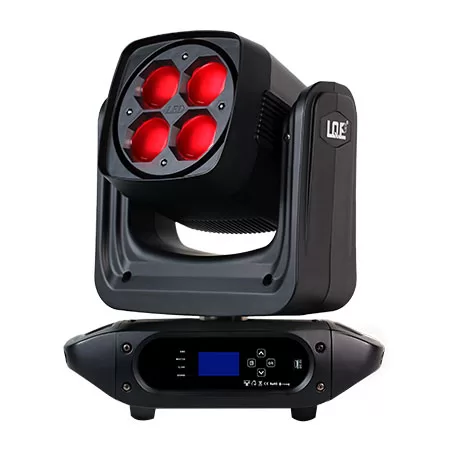
LED Moving Head Stage Wash Light LW200Z
The versatile moving head stage light provides a powerful lighting solution for theaters, concerts, and large outdoor performances. Suitable for theaters, TV stations, entertainment stages, and large outdoor performance scenes.
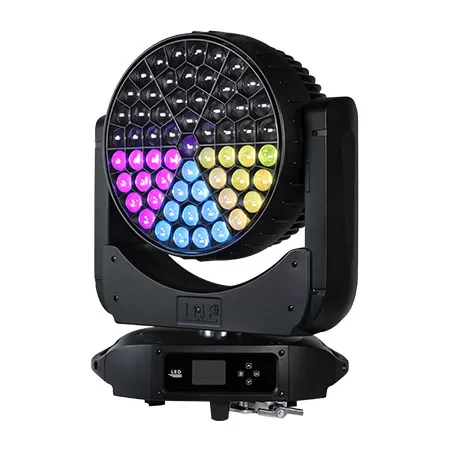
1000w 61x40w RGBW Stage Moving Head Wash Light LW1000
1000W 61x40W LED RGBW Mulichips Moving Head Wash Lights with Zoom (5°–50°), Covering Large Range and Long Distance. Designed to deliver a 5°–50° ultra-large zoom range to achieve a greater wash effect, illuminating stages and events with stunning lighting effects.
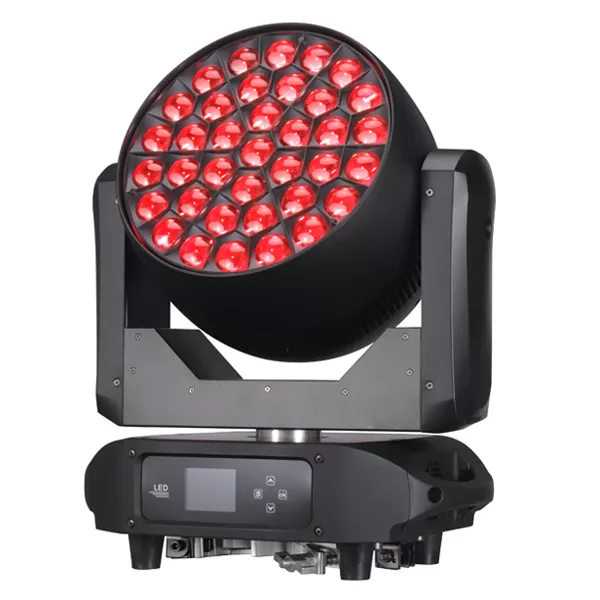
800w 37x40w RGBW Stage Moving Head Wash Light LW800
800W 37x40W LED RGBW Mulichips Moving Head Wash Lights with Zoom (5°-50°), Covering Large Range and Long Distance. Designed to deliver a 5°–50° ultra-large zoom range to achieve a greater wash effect, illuminating stages and events with stunning ring control lighting effects.
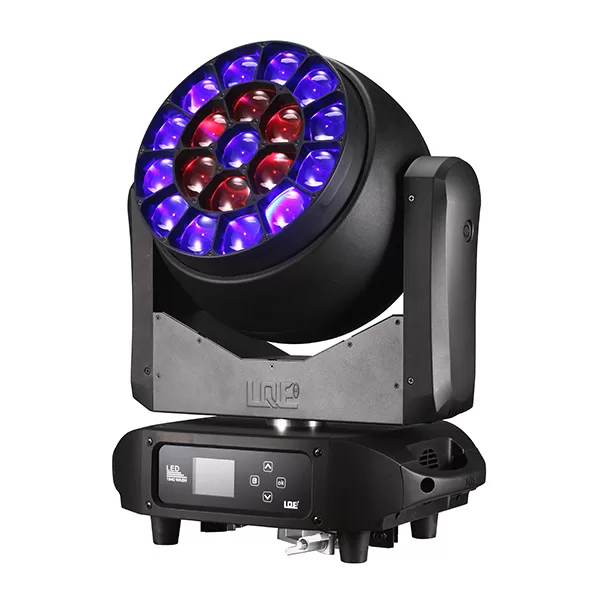
600w 19x40w RGBW Stage Moving Head Wash Light LW600 Zoom IP20
600W 19x40W LED RGBW Mulichips Moving Head Wash Lights with Zoom (5°–50°), Covering Large Range and Long Distance. IP20: Designed to deliver a 5°–50° ultra-large zoom range to achieve a greater wash effect, illuminating stages and events with stunning ring control lighting effects.

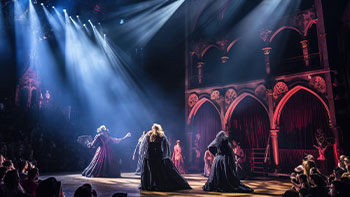
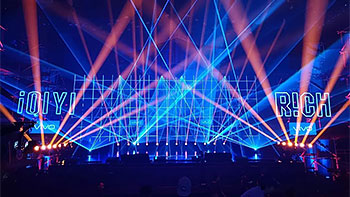
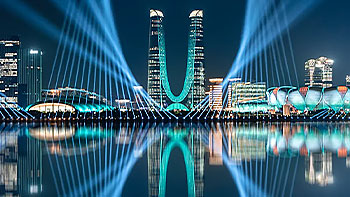
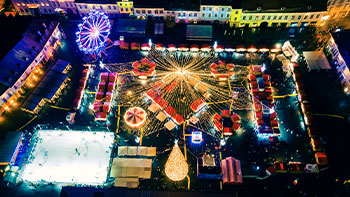








Linkedin
YouTube
Whatsapp: +8618924548390
TikTok